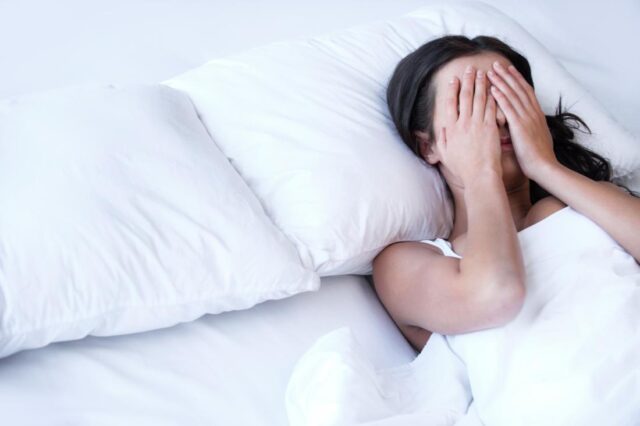Sleep is essential, but occasionally a good thing may be had in excess. Bring on the snoozing. The quantity of sleep a person need depends on their age, health, degree of exercise, and lifestyle patterns.
However, some people sleep for a lot longer than is necessary. So, what is happening? How do you stop sleeping in too late, take back your mornings, and overcome excessive daytime sleepiness?
Regularly sleeping too much has many of the same health hazards as sleeping too little, and it might be an indication of sleep disturbance. It can be related to a mental health condition like depression, the doctor says.
It can indicate a clinical sleep condition, such as narcolepsy or obstructive sleep apnea, and is frequently a symptom that someone is having poor sleep quality.
Oversleeping poses health hazards such as “heart disease, metabolic difficulties like diabetes and obesity, and cognitive issues including memory impairments.”
The clinical name for excessive daytime drowsiness and sleeping too much is hypersomnia (opens in new tab). According to Dr., hypersomnia has many of the same underlying symptoms as insomnia.
- Sleeping for a long period of time during night (typically well beyond the seven to eight-hour general norm)
- Trouble getting out of bed in the morning (including sleeping through an alarm)
- Difficulty getting out of bed and starting the day
- Occasionally or continuously feeling sleepy throughout the day difficulty focusing
Since it mostly relies on your physical and mental health, lifestyle, and other factors, it is hard to identify all the potential causes of excessive sleeping. Dr. states that there are several potential reasons why people oversleep, including mismatched chronotypes (opens in new tab), poor sleep hygiene, drinking too much alcohol and caffeine, prescription side effects, and more severe conditions like melancholy or sleep disorders.
Oversleeping is frequently a hallmark of depression, however the symptoms can frequently conflict with one another. “Sleep problems in depressed persons can take on shifting, fluctuating shapes. Both insomnia and hypersomnia symptoms can occur in depressed people.







